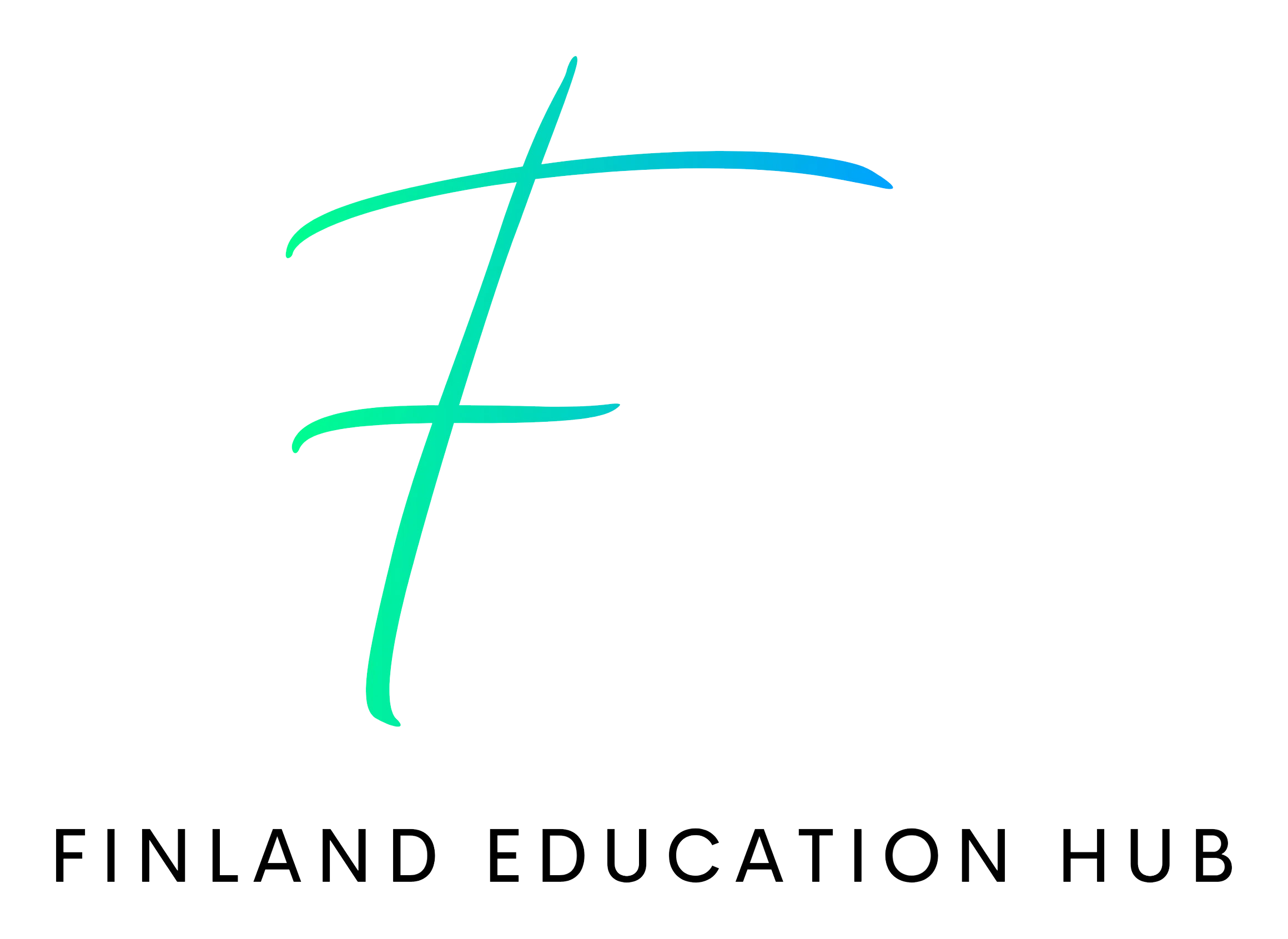Early Childhood Education Best Practices in Finnish Education System
The Finnish Early Childhood Education Curriculum is widely regarded as one of the best in the world, and it is known for its innovative approaches to teaching and learning. Finland has consistently ranked highly in international education rankings, and many countries look to its education system as a model for success.
One of the key strengths of the Finnish education system is its emphasis on early childhood education (ECE). In Finland, ECE is considered a vital stage of education, and it is designed to provide children with a strong foundation for their future learning and development.
Finnish Early Childhood Education Curriculum is based on best practices that are grounded in research and practical experience. These best practices include play-based learning, individualized approach, nature-based learning, emphasis on social skills, and parental involvement. These practices have been proven to be highly effective in promoting optimal learning and development in young children.
Play-based learning is an essential part of Finnish ECE, and it is used to promote creativity, imagination, and curiosity in young children. Teachers in Finland work with children on an individual basis, recognizing that every child is unique and has their own learning needs. Nature-based learning is also a significant part of Finnish ECE, and children are encouraged to explore and learn about the environment.
In Finland, there is a strong emphasis on the development of social skills in ECE. Children are encouraged to develop their communication, cooperation, and teamwork skills, which are essential for their future success in life. Parental involvement is also a critical component of Finnish ECE, and parents are welcomed to visit ECE centers and interact with teachers.
In this blog series, we will explore the best practices in Finnish ECE in more detail, providing insights and practical tips for parents, educators, and anyone interested in early childhood education. We will delve into the approaches that have made Finland’s education system world-renowned and examine how these practices can be adapted to different cultural and social contexts.
Finland is known for its world-renowned education system, and their Early Childhood Education (ECE) is no exception. ECE in Finland is designed to provide children with a strong foundation in learning, creativity, and social skills, which is crucial for their development and future success.
Here are some of the best practices in Early Childhood Education that the Finnish education system is renowned for:
Play-Based Learning:
The Finnish education system recognizes the importance of play-based learning for children, and ECE in Finland heavily relies on this approach. Play is essential for a child’s development as it helps them develop their cognitive, social, and emotional skills. In Finland, play-based learning is used to foster creativity and imagination, and it is an integral part of their ECE curriculum.
Emphasis on Social Skills:
In Finland, there is a strong emphasis on the development of social skills in ECE. Children are encouraged to develop their communication, cooperation, and teamwork skills, which are essential for their future success in life. Finnish ECE teachers are trained to help children build positive relationships with their peers, and they use group activities and collaborative projects to foster social skills.
Individualized Approach:
The Finnish education system recognizes that every child is unique and has their own learning needs. In ECE, children are encouraged to learn at their own pace, and teachers work with them on an individual basis. Finnish ECE teachers are highly trained to recognize and address the learning needs of each child, and they use a variety of teaching methods to help children learn.
Nature-Based Learning:
Nature-based learning is an essential part of ECE in Finland. Finnish children spend a significant amount of time outdoors, regardless of the weather. They are encouraged to explore nature, play in the forest, and learn about the environment. This approach to learning helps children develop their love for nature, and it fosters their curiosity and sense of wonder.
Parental Involvement:
In Finland, there is a strong tradition of parental involvement in ECE. Parents are encouraged to participate in their child’s learning process, and they are welcomed to visit the ECE centers and interact with teachers. This approach helps parents understand the learning process and how they can support their child’s development at home.
In conclusion, the Finnish Early Childhood Education Curriculum’s approach to Early Childhood Education is a combination of play-based learning, nature-based learning, individualized approach, emphasis on social skills, and parental involvement. These best practices have proven to be highly effective in providing children with a strong foundation for their future success in life.

